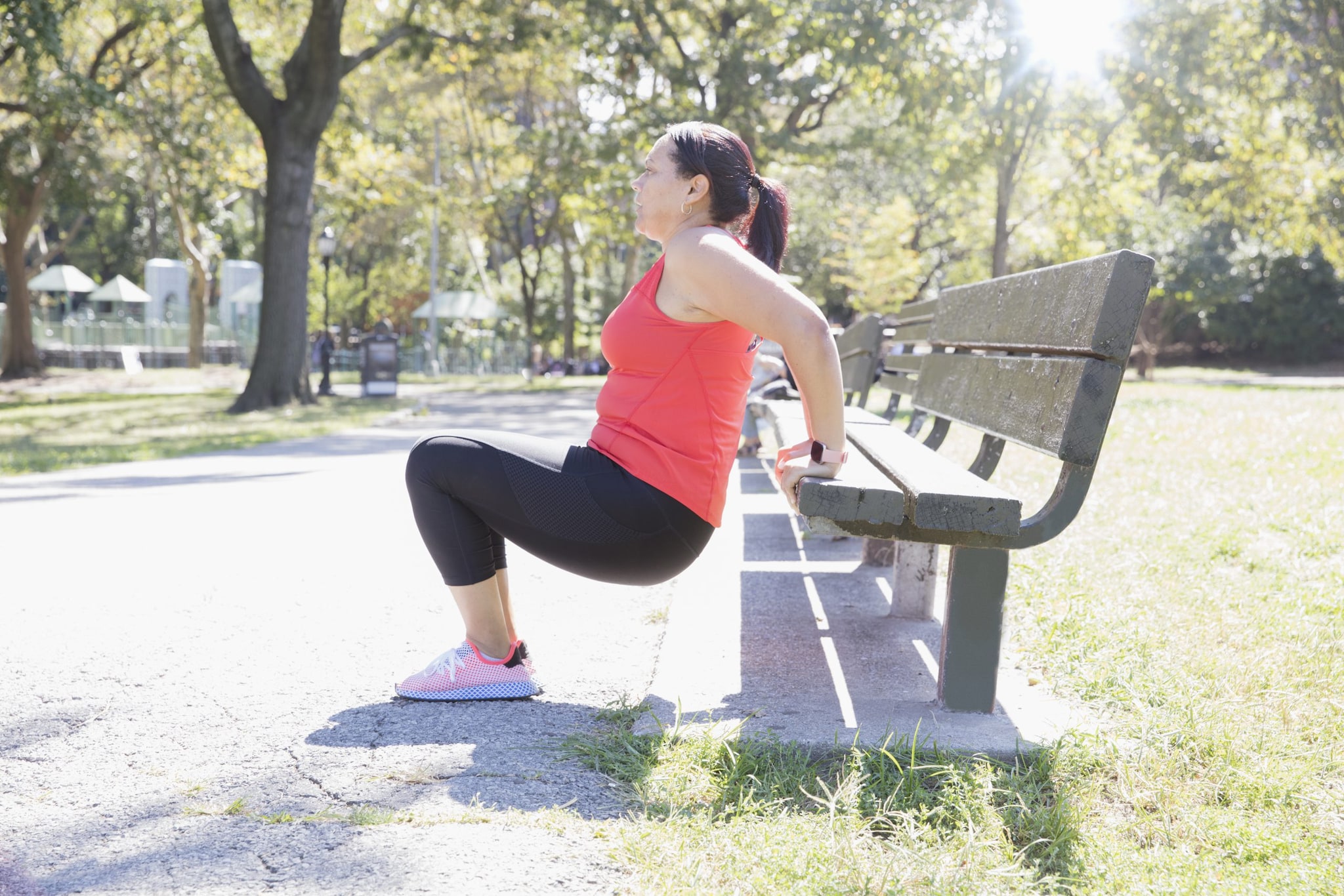Arthritis Pain Management without Medications
Community-Based Physical Activity Programs
Community-based physical activity programs teach people how to be physically active safely and are a good option for people who are concerned about making their joint pain or arthritis worse. Physical activity programs can result in clinically important improvements in pain and function.
CDC recognizes several community-based physical activity programs that are proven to improve the quality of life of adults with arthritis. Local programs are available at YMCAs, parks, and recreation or community centers across the country.
- Learn more about CDC-recognized physical activity programs like Active Living Every Day, Enhance®Fitness, Fit & Strong!, and group-based or self-directed Walk With Ease.
There are multiple ways for adults with arthritis to reduce their pain without using medications. CDC also recognizes evidence-based self-management education programs that have proven benefits for people with arthritis. Learn more about CDC recognized programs for managing arthritis symptoms, including pain.

The Physical Activity Guidelines for Americans, 2nd Edition recommend:
- Two hours and 30 minutes (150 minutes) of moderate-intensity aerobic activity (i.e., brisk walking) every week. This can be broken down into smaller increments such as three, 10-minute sessions throughout the day.
- Muscle strengthening activities that work all major muscle groups (legs, hips, back, abdomen, chest, shoulders, and arms) on 2 or more days a week.
- Aerobic and strengthening activities that improve balance and strengthen legs for adults aged 65 years or older to prevent falls.
Physical Activity
- Regular physical activity can help relieve adult arthritis pain as effectively as over-the counter medications.
- Physical activity has many additional benefits, including improved physical function and mood, decreased disability and reduced anxiety.
- Walking, biking, swimming, and other water activities (e.g., water aerobics, aqua jogging) are all effective ways to ease arthritis pain and are safe for most adults.
- Learn more about physical activity for arthritis.
Self-Management Education Workshops
Self-management education workshops teach participants life skills to reduce or manage arthritis pain and improve quality of life.
- CDC recommends adults with arthritis participate in self-management education workshops, like the Chronic Disease Self-Management Program (CDSMP), designed for people with arthritis or other chronic conditions. These workshops teach participants strategies to control or limit their symptoms, including pain, and to develop more confidence in managing health problems that affect their lives.
- Workshop participants reported significant improvements in their physical health, including less pain and increased ability to do social and household activities.
- They also noted positive changes in their mental health, including decreased depression, fear, worry, and frustration, as well as increased confidence in their ability to manage their arthritis and other chronic conditions.
- Additionally, participants also reported positive health behaviors such as increased exercise.
- Learn more about CDC-recognized self-management education workshops.
- Babatunde OO, Jordan JL, Van der Windt DA, Hill JC, Foster NE, Protheroe J. Effective treatment options for musculoskeletal pain in primary care: a systematic overview of current evidence. PLoS ONE. 12(6): e0178621.
- Penedo FJ, Dahn JR. Exercise and well-being: a review of mental and physical health benefits associated with physical activity. Curr Opin Psychiatry. 2005;18(2):189–193.
- US Department of Health and Human Services; Physical Activity Guidelines Advisory Committee (2008) Physical Activity Guidelines for Americans Website. https://health.gov/PAguidelines/. Accessed September 13, 2018.
- Kelley GA, Kelley KS, Hootman JM, Jones DL. Effects of community-deliverable exercise on pain and physical function in adults with arthritis and other rheumatic diseases: a meta-analysis. Arthritis Care Res. 2011;63(1):79–93.
- Brady TJ, Murphy L, O’Colmain BJ, et al. A meta-analysis of health status, health behaviors, and health care utilization outcomes of the Chronic Disease Self-Management Program. Prev Chron Dis. 2013;10:E07.